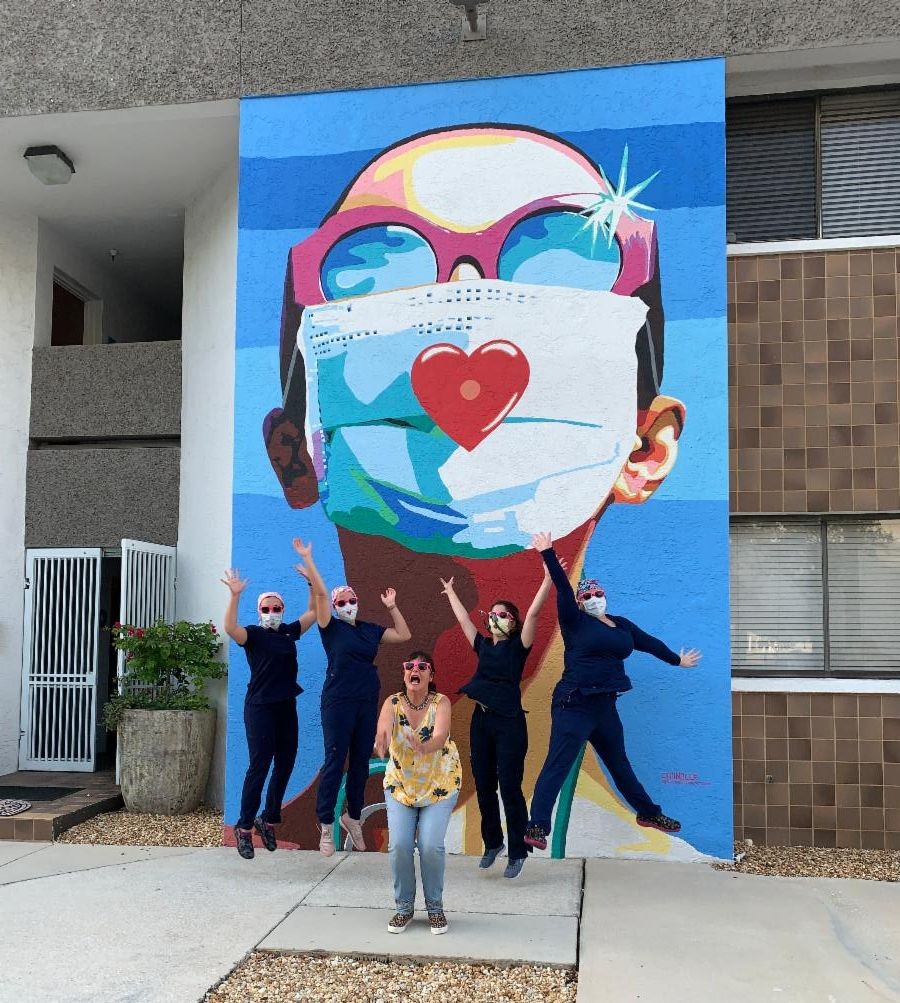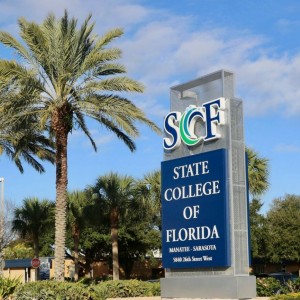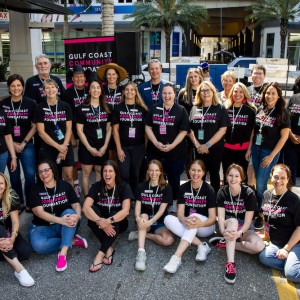A Post-Pandemic Priority
Guest Correspondence
SRQ DAILY
SATURDAY MAY 30, 2020 |
BY TOM BARWIN
A city is a municipal corporation, and a very public entity. Unlike private corporations, our mission is not to make profits. Our customers and stockholders are basically everyone. Governments are scrutinized closely by the media and many others. But rather than making widgets, we run multiple operations that serve the common good.
For example, roads, water systems, wastewater systems, sanitation, public safety and parks and recreation are some examples of what we do. But when something we do requires greater expertise than we have in house, or can be done cheaper or more efficiently, like constructing a building, we hire private companies to do it. We also contract with many private businesses to support or complement many of our operations. Our main work is to provide the setting for everyone else to make things and provide the goods, services and quality of life pursuits that people desire. We prefer to do our work quietly and efficiently.
But since the 1980s, when Ronald Reagan proclaimed Government was not the solution but the problem, followed by Bill Clinton declaring the era of big government was over, the role government has played in problem-solving has been diminished, and more recently, the tone of civil discourse has declined dramatically to the point I fear good people with lots to contribute are shying away from public service. While I am not advocating for larger government, government has its role. Perhaps we have forgotten that much of the technology we enjoy today emanated from governmental projects, research and taxpayer investment. Our air, water and food quality all pivot on monitoring and enforcement of safety regulations, as does the safety in our skies, on our roads and in our buildings.
I raise this because from my community building experience and perspective the anti-government pendulum may have gone too far as evidenced by our country’s response to the coronavirus pandemic. As someone working for many years to keep our communities safe, strong and vibrant, while maintaining the physical and civic infrastructure for all to thrive, the COVID-19 experience has exposed the reality that the slash and burn mentality has gone too far. Specifically, the commitment to our public health systems on the federal, state and local level must be restored. Even more importantly as we move forward, in order for our communities and society to function cohesively at our best, it is now clear that every citizen must be entitled to decent, lifelong, affordable health care. Our evolving gig-oriented economy requires it, a fair society with the resources America has should now demand it.
Tom Barwin is Sarasota City Manager. Email him at Thomas.barwin@sarasotafl.gov.
« View The Saturday May 30, 2020 SRQ Daily Edition
« Back To SRQ Daily Archive












